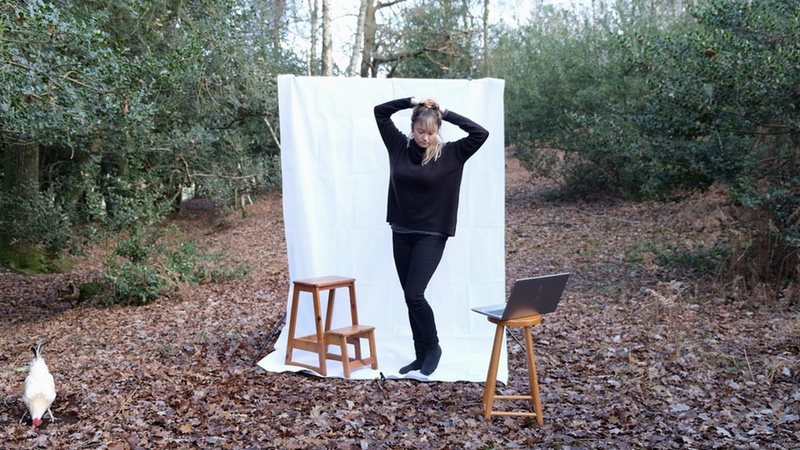Creative Industries Festival: The Woods Metaphor & Suppression of Female Voice in the Digital World
India Lawton delves into the metaphorical "woods of experience" within the digital realm, revealing traditional anxieties, dark recesses, and modern-day trolls reminiscent of fairy tales.

Fairy tales often serve as cautionary narratives, frequently depicting women embarking on solitary journeys in the woods, encountering perilous situations that metaphorically represent life's challenges. These wooded landscapes function as symbolic realms, warning young women against deviating from societal norms, exploring the complexities of self-identity within the context of male desire, and reinforcing traditional gender dynamics. Similarly, the digital world and social media, akin to the mythical woods of experience, frequently amplify societal pressures, pushing users to conform to established expectations. Both realms—offline woods and the online world—consistently portray themes of self-objectification and the suppression of women, with online harassment disproportionately affecting women, who are 27 times more likely to be targeted than men. The expectation for women to remain "seen and not heard" often results in online representations conforming to societal norms, while those expressing opinions online aresingled out by internet trolls, intensifying the silencing effect.
In her artistic work, India Lawton delves into the metaphorical "woods of experience" within the digital realm. While the online world offers opportunities for self-discovery and liberation, it has become a contemporary equivalent to the symbolic "woods of experience." This transformation echoes traditional anxieties, dark recesses, and modern-day trolls reminiscent of fairy tales. These digital spaces, much like their mythical counterparts, persist in stifling the female voice and perpetuating objectification, mirroring enduring societal struggles.
